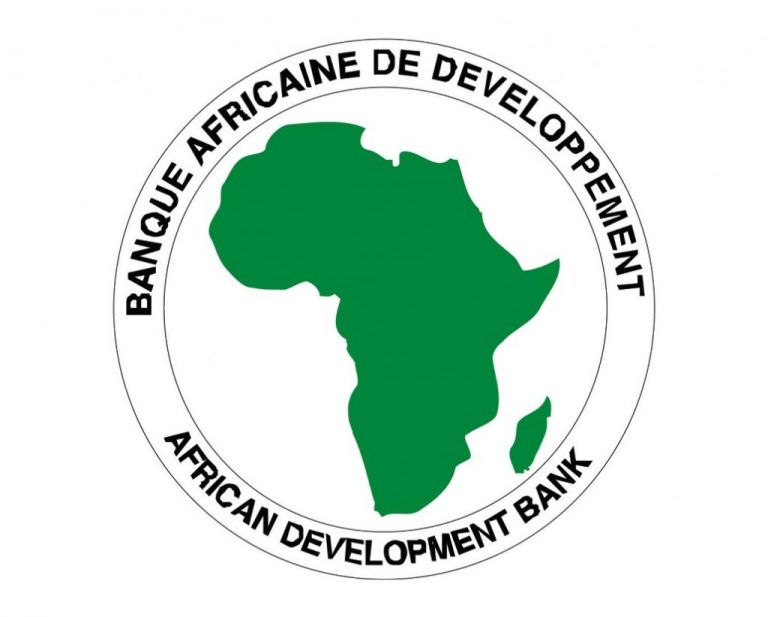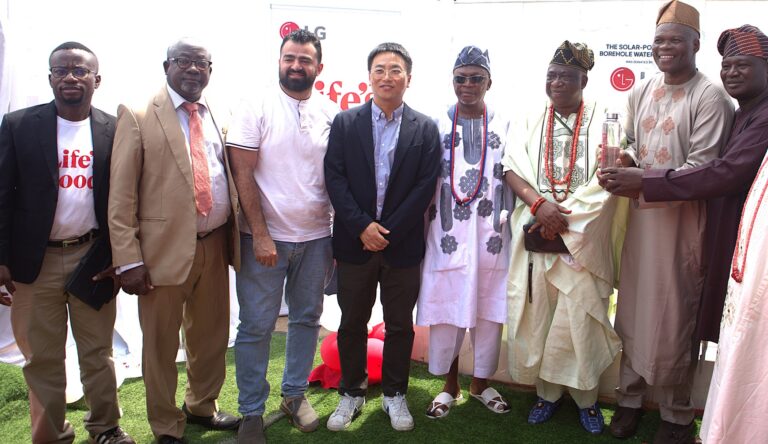Product Leadership in Cross-Cultural, Remote, and AI-Driven Teams

Leadership has really changed in today’s digital world. Nowadays, teams are flexible, geographically dispersed, and to a greater extent supported by AI. The traditional, top-down ways of managing that worked when everyone was in the same office just don’t cut it anymore. This new situation calls for a different kind of leader, someone who can connect people across distances, cultures, and tech to keep a product going.
Leading now calls for a special set of skills. Many product managers are skilled in managing a team in a single location, but it takes something more to handle remote teams that are cross-cultural and leverage artificial intelligence. That’s where a senior product manager like Demilade Olufayo comes in. He’s proficient in fostering collaboration within a team, even when they’re all over the place. He understands his leadership style should prioritize building trust, ensuring transparent communication, and giving his team the freedom to operate, whenever they need to.
Demilade passionately supports a remote-centric method of working together. It’s not just about video calls: it’s about creating work protocols and communication strategies within teams in an environment where live conversations is not the usual practice. He pushes for clear, short documentation, using shared tools to keep track of decisions and why they were made. By encouraging everyone to document information, he ensures team members in different time zones are able to contribute, cutting down on wait times and keeping a product moving all day.
Besides time zones, Demilade is also good at dealing with cultural influences on product design. He knows a feature that works for leverages in one country might not work or even be suitable for another. For example, a social sharing feature made for the U.S. may fail to recognize the unique social rules in a different location. His way of leading involves deeply appreciating diverse cultures. He tells his team to do local research and design with cultural details in mind, ensuring the product isn’t just translated but feels local.
In this new setup, Demilade has also taken on the benefits of AI. He and his team use AI tools to improve their operational efficiency, rather than perceiving the technology as a threat. When starting a project, AI tools have the ability to peruse and compile thousands of user research notes and interview records, identifying insights that are not immediately apparent. For deciding the direction that’s most important, AI can help organize feedback from different places, showing key requests and trends. And while conducting user research, AI can create testing protocols or sum up survey answers, enabling his team to focus on bigger, strategic thinking.
Demilade’s leadership demonstrates what product management will evolve into in the future. He can build a close-knit, successful team in a global environment, while also using AI responsibly. He’s a smart leader who knows that the best product isn’t just about features, but about having a team that can connect across distance, culture, and tech.







